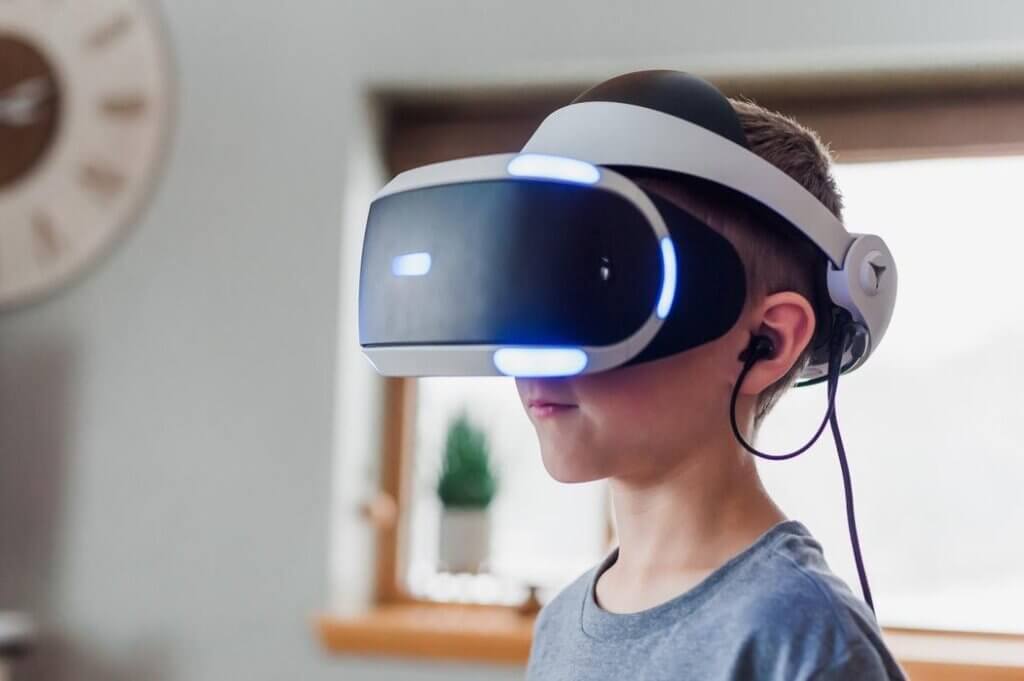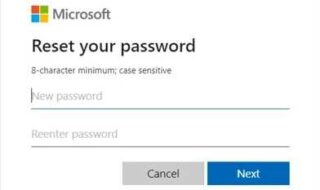Virtual escape rooms are very quickly becoming among the most sought after activities in any setting. Besides being loads of fun (to put it plainly), here are other interesting benefits you can get from online escape rooms.
Contents
1. Problem-Solving Prowess
There is no doubt that online escape rooms strengthen individuals’ and/or groups’ problem-solving skills. They aren’t merely for entertainment and time-passing (although often, these reasons are why many enjoy solving escape rooms in the first place). But they are for honing the brain’s method in utilizing logic in finding solutions to problems. In this case, puzzles.
Escape-room solving is highly similar to problem-solving, in the context of the Scientific Method. The steps starting from Observation, Formulating And Testing A Hypothesis, Analyzing The Collected Data, to Conclusion can be applied to the first as well.

2. Communication
When working as a group in an Escape Room SF, team members can exercise their communication skills. And this is both in listening to the source, relaying the message through provided channels (in-person discussion or chat/video meetings for Zscape games), analyzing feedback and message context, etc.
Each one of these variables are vital in strengthening communication and communication approaches among teams and team members in your company.
3. Productivity
Zscape Games, and escape room games in general, have a single goal in mind— to, well, escape the room. It can’t get any simpler than that. However, this is exactly what can help enhance a team’s capacity to work productively, and together might we add.
Productivity is described as being able to target goals and achieve them contemporaneously. But there’s one more piece of the… puzzle. These factors need to be completed in a timely manner. All of which can be practiced and put to action through virtual escape rooms like PanIQ Room Indy.
There are obstacles that have to be overcome, levels to achieve, and a timer to let players hit the buzzer within every given game-time.
4. Memory Development
Think of escape rooms as larger, full-sized puzzles. Just as puzzles (the traditional piece-by-piece putting together of parts of a larger image) employ the brain’s hippocampus, amygdala, cerebellum, and prefrontal cortex for memory development, the same is cultivated with escape room challenges.
The temporal lobe, amongst a myriad of the different regions of the hippocampus, lights up and works hard when faced with memory cues one’s neurotransmitters intercepts and sends to and from the brain.
5. Refines Individuals’ Basic Sensory Organs
Your visuals aren’t the only sensory functions that are up and running with escape rooms. Did you know that your sense of hearing, touch, and smell try to reach their optimal operations when you are placed in the midst of challenges, albeit in the form of games?
Therefore, it can be concluded that virtual escape rooms train and discipline your sensory organs, too.
6. Constructive Downtimes
Whether at home or in the office, online escape rooms are constructive downtime and time-pass activities. They keep your mind and your body active even when you’re away from work and tasks at home. Something that the body needs instead of mindless, couch-potato to-dos.
After all, the body and its systems therein are built to be active and dynamic when not in Snoozeville. When too-physical sports and similar proceedings are scheduled for a different day, a good virtual escape room can let the wheels in and around your central nervous system keep turning, and your bodily senses, used at their optimum.
And your team in the office? They get to have constructive downtimes in a click.



